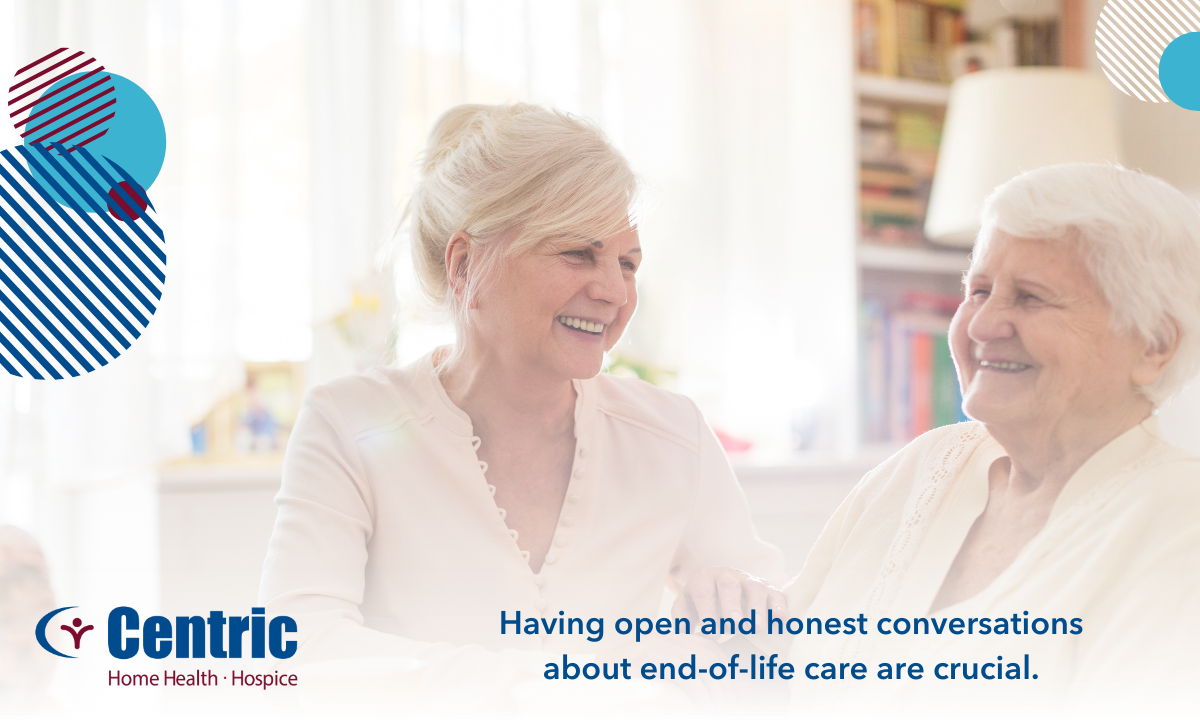Important Conversations to Have
Important Conversations to Have with Your Loved Ones in 2025

End-of-Life Care
Let's be honest, none of us like to think about mortality. but having open and honest conversations about end-of-life care is crucial. These conversations can be difficult, but they can provide immense peace of mind and ensure your wishes are respected.
Advance Directives
Encourage your parents, siblings, and partner to create advance directives, such as a living will and a healthcare power of attorney. A living will outlines your medical wishes if you are unable to communicate them yourself, such as whether you want to be resuscitated or placed on life support. A healthcare power of attorney designates a trusted person to make medical decisions on your behalf if you are incapacitated.
Hospice Care
Discuss the benefits of hospice care, which provides comfort and support to individuals with terminal illnesses. Hospice care focuses on pain management, emotional and spiritual support, and ensuring a peaceful and dignified end-of-life experience for both the patient and their family.
Funeral and Memorial Plans
While discussing funeral arrangements might not be the most pleasant topic, it can provide peace of mind to both you and your loved ones. It can alleviate the burden of making difficult decisions during an emotionally challenging time and ensure that your wishes regarding funeral services and memorial arrangements are honored.

Financial Matters
Money can be a sensitive topic, but it's essential to have open and honest conversations about financial matters with your loved ones.
Estate Planning
Encourage your parents to create a will or trust to ensure their assets are distributed according to their wishes. This can help avoid potential family disputes and ensure that your loved ones are financially secure.
Financial Power of Attorney
Discuss the importance of appointing a financial power of attorney, who can manage their finances if they become incapacitated. This can help prevent financial exploitation and ensure that their financial affairs are handled responsibly.
Debt and Financial Obligations
Have open conversations about any outstanding debts or financial obligations to ensure a smooth transition in case of unexpected events. This can help your loved ones understand their financial responsibilities and make informed decisions about their own finances.
Family History and Health
Sharing your family health history is crucial for your own health and the health of your children.
Genetic Predispositions
Discuss any family history of genetic conditions such as cancer (breast, ovarian, colon), heart disease, Alzheimer's disease, diabetes, or mental health conditions. This information can help you and your family members make informed decisions about screenings, lifestyle modifications, and preventative measures. For example, if there is a family history of breast cancer, women may consider genetic testing and increased screening frequency.
Mental Health
Openly discuss mental health within your family. Sharing experiences and seeking support can help reduce stigma and encourage open communication about mental health concerns.

Family Values and Traditions
These conversations go beyond the practical. Take time to share family stories, traditions, and values with your children and grandchildren.
Family History
Share stories about your ancestors, their struggles, and their triumphs. This can help children develop a sense of identity and connect with their heritage.
Family Values
Discuss the values that are important to you and your family, such as honesty, kindness, respect, compassion, and perseverance. These values can serve as a guiding light for future generations.
Family Traditions
Continue cherished family traditions, such as holiday gatherings, family vacations, or Sunday dinners. Create new traditions that will be passed down to future generations, creating lasting memories and a strong sense of family connection.
Legacy
Think beyond material possessions. How do you want to be remembered? What kind of impact do you want to make on the world? Having these conversations can help you live a more purposeful life and leave a lasting legacy. Perhaps you want to volunteer for a cause you're passionate about, mentor young people, or leave a charitable donation. These conversations can help you define your legacy and live a life aligned with your values.
These conversations may not always be easy, and they may bring up difficult emotions. But they are incredibly important for building stronger relationships, ensuring your loved ones are prepared for the future, and creating a legacy that will last for generations to come.
Remember, you don't have to have these conversations all at once. Start small and gradually weave them into your daily interactions. A casual conversation over dinner, a walk in the park, or a quiet moment together can be a great opportunity to broach these important topics.
At Centric Home Health and Hospice, we understand the importance of these conversations and the role they play in overall well-being. We are here to support you and your family throughout your healthcare journey, providing compassionate care and support when you need it most.
If you are looking for comprehensive and compassionate home health and hospice care, contact Centric Home Health and Hospice to learn more about how we can support your family's well-being.

Disclaimer: This blog post is for informational purposes only and should not be considered legal or financial advice. It is always recommended to consult with legal and financial professionals for personalized guidance.
Share This On Your Favorite App